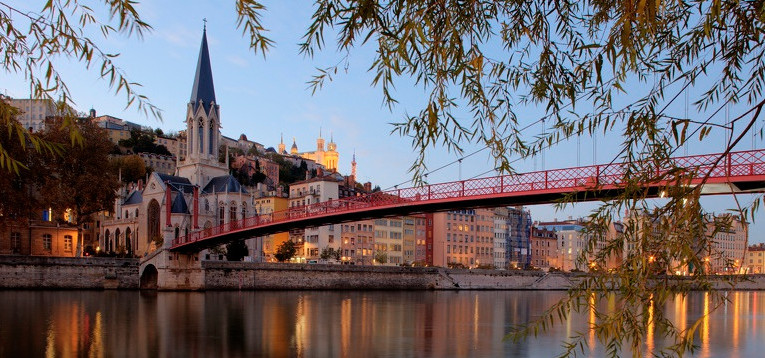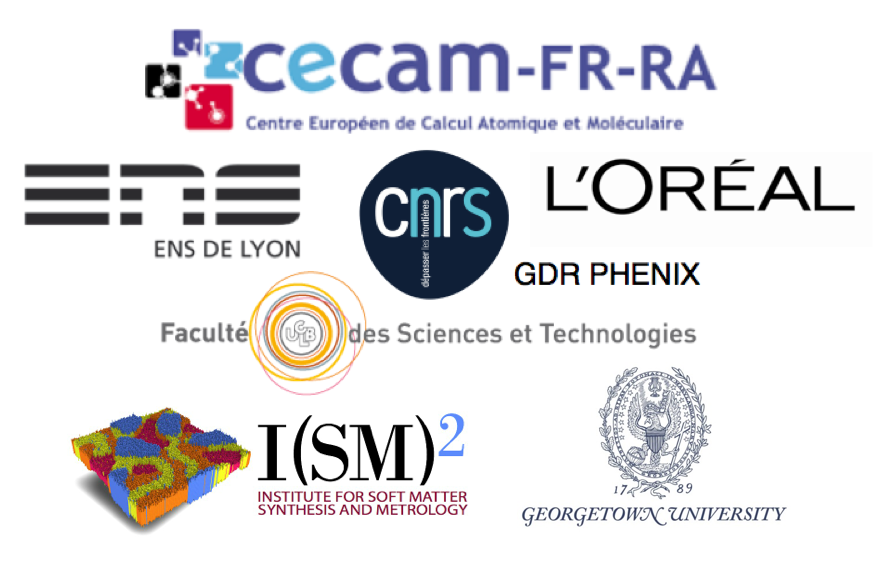
|
|
|
|
Welcome
Aim of the workshop The idea of this workshop is to bring together international experts in the field of the dynamics of gel networks, to discuss recent progress and insight from computational, theoretical and experimental approaches. This field is very young especially concerning modeling aspects, due to the computational challenges related to the complex molecular structures which are crucial, in many cases, for relaxation dynamics and mechanical responses on large scales. In the recent years, however, the computer power and new parallel coding techniques like GPGPU or large scale MPI programming techniques has allowed for significant progress in accessing reasonable time and length scales to address questions that were difficult to tackle before. Also on the experimental side, new approaches combining different techniques (e.g. various types of spectroscopy and rheology) allow for an investigation on a more mesoscopic scale of the complex dynamics, being able to probe scales that can be modeled within, for example, MD simulations. In addition, recent theoretical developments now address specifically the non-linear response of soft materials, providing new concepts and ideas to be tested in experiments and simulations. There seems to be a unique opportunity, at this point, in combining such efforts to develop a new understanding of gels, closely related to their technological applications. Invited speakers
Specific topics The specific topics and questions that we would like to focus on are the following:
Deadlines 21 April 2017 - abstract submission and registration deadline Registration fees There are no registration fees, however we can only accept a limited number of registered participants. Organizing committee Kirsten Martens Emanuela Del Gado Sebastien Manneville Beatrice Ruta Veronique Trappe Administrative Manager Samantha Barendson contact: Samantha.Barendson@ens-lyon.fr Supporting institutions
Contact |



